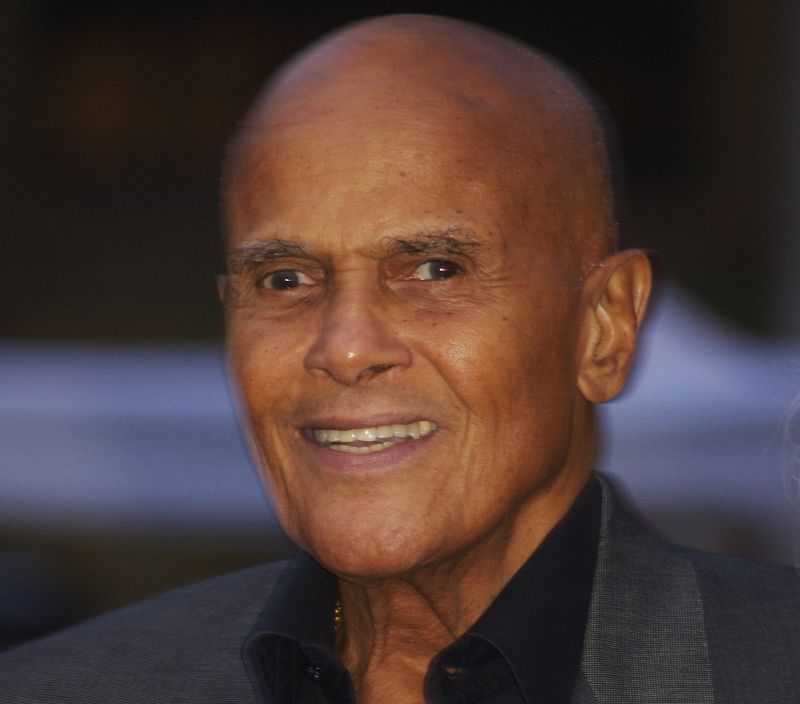
By David J. Thompson
In November last year Harry Belafonte was awarded an honorary Oscar and the Jean Hersholt Award. The world saw the 87-year old singer, actor and civil rights activist honored for his lifetime contribution to humanitarian causes and social change. Some of us will also know him for being a co-op organiser and co-op supporter.
By 1958, Harry Belafonte had become a famous name all over the world. He had eight albums to his name and his 1956 Calypso Album featuring “Jamaica Farewell” and the “Banana Boat Song (Day O) topped the charts for 31 weeks. Belafonte was at the height of his popularity and could pack concert halls all around the world and movie theaters in every town.
However, for all of his fame and fortune, the one thing he could not do was to rent or own an apartment with his wife in midtown Manhattan. Belafonte writes in his book, My Song, “The message conveyed, either implicitly or overtly, was that we’d be happier in some other neighborhood. I heard the message loud and clear, and I sent back one of my own, by calling a press conference to announce I’d filed a formal complaint with the city. One of those who read the news was Eleanor Roosevelt.”
In her nationally syndicated column, My Day, published on 20 October, 1958, former First Lady, Eleanor Roosevelt wrote, “I am sure that every New Yorker was shocked the other day to read that Harry Belafonte and his charming wife and baby were finding it practically impossible to get an apartment in New York City except in what might be considered segregated areas or in a hotel“. In that same column, she highlighted housing co-operatives as one of the solutions for de-segregation.
A few months later, Belafonte and his wife did find a four-bedroom apartment they really liked at 300 West End Avenue but when they tried to rent it the apartment was “suddenly unavailable.”
Belafonte recounts, “Furious, I sent a white friend – Mike Merrick, my publicist - in as my stalking horse. Now the lease was readily conferred. Mike passed it on to me, I signed it with my own name, and the one year lease was countersigned.” Upon meeting the new tenants, the building owner responded by telling Belafonte to pack up and leave but he refused.
Belafonte commented, “The whole concept of co-ops was just beginning to take hold. What we were proposing would soon become a trend. We would buy the building outright from its owner, then try to sell as many of the apartments as possible to the tenants who lived in them. Any tenant who preferred to keep renting could do that“.
The building was bought by Belafonte and his partners. Belafonte put up most of the funds. The other tenants purchased shares and the housing co-op was created.
“We didn’t just invite black friends though, our goal was integration not ‘reverse segregation’. Eventually, 300 West End Avenue became known as ‘Harry’s building.’ Strictly speaking, that was no longer true; when the building went completely co-op I no longer owned any part of it besides our fifth floor combined apartments. But I was glad to have a home that was mine.” On 4 April, 1967, Martin Luther King made his controversial anti-war speech at Riverside Church in New York City. In the days before the speech, King was staying with Belafonte at his co-op.
One co-op that Belafonte cared a great deal for was the Freedom Farm Cooperative started in Ruleville, Sunflower County, Mississippi by the civil rights leader Fannie Lou Hamer. Ms. Hamer knew there would be no safety unless the land was owned by the co-op and not leased from a landlord. Only 71 blacks owned land in Sunflower County, which had a black population of 31,000.
In 1969, Belafonte wrote a fundraising letter urging people to donate towards the purchase of land for the Freedom Farm Cooperative. In his letter Belafonte wrote that Freedom Farm was an, “example of initiative, racial co-operation, and political militancy worthy of the support of all decent Americans.” Due to all the various fundraising efforts enough money was raised to eventually buy over 700 acres.
During this time Belafonte also became a fervent supporter of the Federation of Southern Cooperatives and its many programmes throughout the South. He is still working with the Federation on issues of the day.
We are to be grateful to him that for his life of social activism he has continuously supported co-operatives as a solution.
Photo: Harry Belafonte




